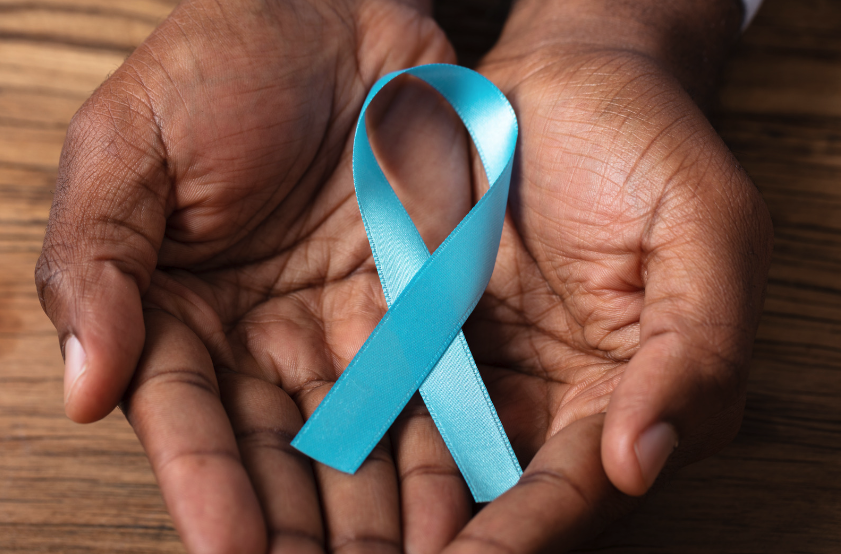At one time, cervical cancer was one of the most common causes of cancer death for women in the U.S. In 2023, the American Cancer Society predicts that nearly 14,000 women will be diagnosed with cervical cancer, and over 4,000 will die from the cancer. January is Cervical Cancer Awareness Month, and that comes with a few reminders about cervical cancer from the doctors at West Des Moines OBGYN Associates.
Cervical Cancer Has Few Symptoms
Like many reproductive cancers in women, cervical cancer has few symptoms. It can affect women at any time, from age 20 on, with 50 as the average age of diagnosis. When it becomes more advanced, the symptoms can include bleeding after intercourse, bleeding post-menopause, and pelvic pain.
Regular Screening Catches Cervical Cancer Early
Because of the location of the cervix, which is the opening between the vaginal canal and the uterus, screening for cervical cancer requires a pelvic exam and a PAP test. Your doctor will take tissue samples from the cervix. It will then be analyzed in a lab to determine if any cells are cancerous or abnormal. PAP tests should be performed regularly in sexually active individuals. This is due to cervical cancer’s association with the Human Papilloma Virus (HPV), also known as genital warts. HPV is a very common wart virus. 85 percent of people who are sexually active have been exposed to it. Contracting HPV greatly increases a woman’s risk of cervical cancer.
Learn about screening for cervical cancer
Preventing HPV Prevents 90% of Cervical Cancers
One of the greatest advancements in preventing cervical cancer is the HPV vaccine. Given to children, teens, and young adults, these vaccines have greatly reduced the spread of genital warts and the occurrence of cervical cancer. Parents receive peace of mind from the HPV vaccine, as it protects their children against HPV and the risk of certain cancers.

Fertility and Cervical Cancer
Cervical cancer can result in a range of treatments, some of which can affect fertility. If you are past childbearing years, a hysterectomy or partial hysterectomy may be recommended to ensure all cancerous cells are removed. If you would still like to have children, every effort will be made to minimize the impact of cancer treatments. This includes medications, immunotherapy, chemotherapy, and/or radiation therapy. The treatments for cervical cancer are more effective than ever, and advancements in its treatment continue to be made.
Reminders About Cervical Cancer
We encourage our patients to have regular checkups to catch serious issues like cervical cancer early. Here are a few gentle reminders about how you can reduce your risk of cervical cancer:
- Get regular PAP tests from your OBGYN
- Stop smoking
- Eat well and exercise regularly
- Use condoms to prevent STDs like HPV
- Get the HPV vaccine to prevent the spread of HPV
For more information, watch this video from the Mayo Clinic. It includes greater detail about cervical cancer, including symptoms and diagnosis.
At West Des Moines OBGYN Associates, we are always looking out for your reproductive and overall health. Be proactive about your health—schedule an appointment today at one of our three locations in West Des Moines, Ankeny, or Indianola.


